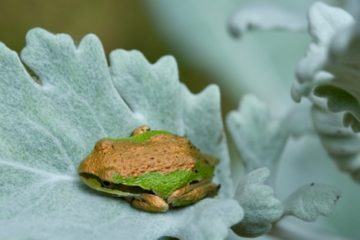by David Greer
And I shall have some peace there, for peace comes dropping slow,
Dropping from the veils of the morning to where the cricket sings;
There midnight’s all a glimmer, and noon a purple glow,
And evening full of the linnet’s wings.
—Excerpt from The Lake Isle of Innisfree, by William Butler Yeats
Our people lived as part of everything. We were so much a part of nature, we were just like the birds, the animals, the fish. We were like the mountains. Our people lived that way. We knew there was an intelligence, a strength, a power, far beyond ourselves…. Everybody had the right to comfort, to security, the right to food, a home, the use of the land. This is because we believed that everything was put here by a great and wonderful intelligence.
—Excerpt from Saltwater People, by Dave Elliott

Visitors to my cabin in a forest glade on a small island in the Salish Sea almost always remark upon the silence. It’s true, if you’re freshly arrived from an urban community, the silence at first seems absolute and a little overwhelming. It’s only when you quiet yourself that the silence surrounding you starts to come alive with the texture and colour of natural sounds.
Some sounds may seem easily identifiable to visitors if only because their creators are visible. The slow thunk-thunk-thunk of a raven’s wings beating the air as it passes arrow-straight across the circle of blue sky over the glade. The chittering of a bald eagle high in a fir. The cat-like mew of a red-eyed spotted towhee rooting through underbrush. Other noises require more careful observation and familiarity but are instantly identifiable to those who know them. The faint scrape of the jaws of a yellowjacket backing down a cedar post, a grey ball of nest paper slowly enlarging beneath its mandibles. The lazy kre-e-e-eck? deep in a cedar, like a creaking rusty door in a haunted house: the territorial call of a male Pacific tree frog, gold and green and shadow-secluded. The urgent whistling of a juvenile barred owl, harassing its parent for freshly killed flesh. And in the gloaming, not the soft sound of the linnet’s wings, but those of its close cousin the house finch in this part of the world six thousand miles from Yeats country. Read more »
